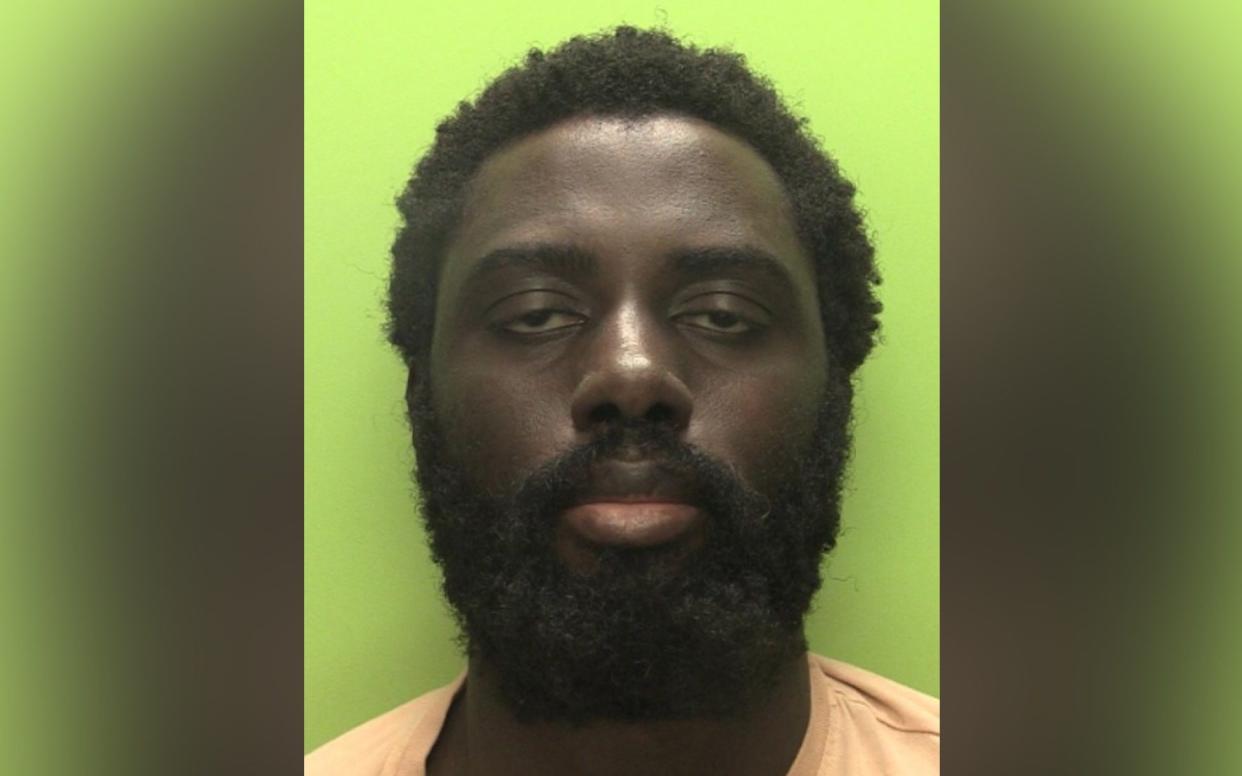Secret hearings that have freed mentally ill killers may be opened up to victims

Secret hearings that have freed mentally ill killers could be opened up to victims under plans drawn up by ministers.
Justice ministers are proposing that the victims of dangerous offenders detained in secure mental hospitals should have a greater say in determining whether they can be released back into the community.
They want victims to be able to submit statements to mental health tribunals, detailing the impact of the crime and why they believe the offender should remain in a secure hospital.
Campaigners say the tribunals currently deny victims a voice in determining offenders’ release, despite uncovering at least 30 cases in which patients who previously committed serious crimes have been released by tribunals and gone on to kill others.
The move by the Ministry of Justice (MoJ) follows the controversy over Valdo Calocane, the Nottingham killer, who was detained in a high security hospital after prosecutors decided to accept his guilty plea to manslaughter owing to diminished responsibility.
Victoria Prentis, the Attorney General, has asked the court of appeal to determine whether his sentence is unduly lenient and should be toughened, so that he would be required to go to jail if he was ever released from the secure hospital.
Calocane, 35, killed 19-year-old university students Barnaby Webber and Grace O’Malley-Kumar before targeting Ian Coates, a 65-year-old school caretaker, in a series of attacks in June last year.

Emma Webber, Barnaby’s mother, said: “The victim’s voice is barely audible when it comes to the release of perpetrators of serious and vicious crimes that escape penal custody and are given hospital orders.
“Up until now, no consideration has been given for the victims to be heard. We would welcome the proposed change to include a victim’s statement.
“However, the fact that the decisions and discussions to release would still be carried out behind closed doors is wrong. Victims are victims, and as such we must be given equal opportunity, as in the penal system.”
The Ministry of Justice proposals are contained in proposed amendments to the Victims and Prisoners Bill, currently before Parliament, but are understood to be facing opposition from some within Government.
They would guarantee that victims would be able to submit an impact statement to mental health tribunals. They are currently allowed in criminal courts to help judges determine sentences for offenders.
But at present, victims and their families are only allowed to submit information about conditions of release, such as advising on locations from which offenders should be barred.
Campaigners say these recommendations are often ignored by the tribunals. They argue that impact statements could provide them with vital new information about the risks of releasing offenders from secure hospitals, as a significant number of cases involve victims who are related to the offender.
Helping tribunals make better decisions
Among the 30 who have killed after release are Lee Sowerby, who was discharged from hospital and stabbed a 69-year-old woman to death as she watched television.
Will Lound, 30, a Salford University student, was murdered by Lee Arnold, whose sectioning for a long history of mental ill health was lifted by a tribunal against psychiatrists’ advice.
Theodore Johnson, who had killed two of his partners, was conditionally discharged from a secure hospital only to “brutally and mercilessly” murder a third partner.
Julian Hendy, the director of the Hundred Families charity, which campaigns on mental health homicides, said: “Giving victims a voice and allowing them to be heard is not only vital for victims – it can also give tribunals key information they need to make better decisions.
“We know hundreds of dangerous patients released by tribunals every year are recalled to hospital, or reoffend, raising serious questions about the quality of their decision making. Anything that can be done to help tribunals take better decisions, such as listening to victims, can only be helpful.”
A Ministry of Justice spokesman said: “The Victims and Prisoners Bill will give a greater voice to all victims of crime, ensuring they are better protected and supported through the criminal justice system. We will listen closely to the views of Parliament as the Bill progresses.”

